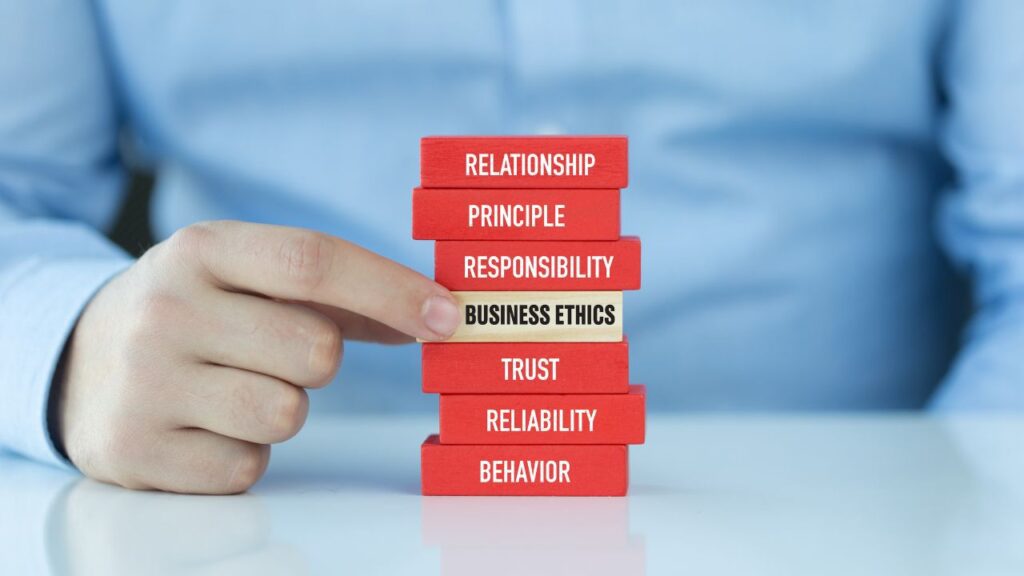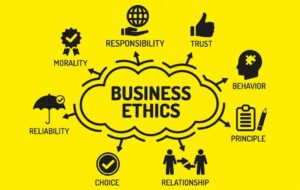The significance of ethical conduct and corporate responsibility cannot be overstated in the fast-paced world of commerce, where bottom lines often dominate conversations. Beyond mere profitability, businesses today are increasingly being held accountable for their actions by regulatory bodies and a more conscientious consumer base. Delves into business ethics and corporate responsibility, exploring why they matter and how they can drive sustainable success.
1. Understanding Business Ethics: Beyond Profit Maximization
Business ethics encompass principles and standards that guide behaviour in commerce. It goes beyond compliance with laws and regulations, delving into moral decision-making. While the primary goal of any business is profit maximization, ethical considerations involve a broader perspective that considers the impact of actions on various stakeholders, including employees, customers, communities, and the environment.
2. The Importance of Corporate Responsibility in Today’s Business Landscape
Corporate responsibility refers to the idea that businesses are responsible to society beyond simply making profits. This includes environmental sustainability, social justice, and community engagement. In today’s interconnected world, consumers are increasingly aware of their purchasing decisions’ social and environmental implications. Companies that demonstrate a commitment to corporate responsibility attract more customers and foster greater employee loyalty and investor confidence.
3. Building Trust and Reputation Through Ethical Practices
Ethical conduct is not just a moral imperative; it’s also good for business. Companies that operate with integrity build trust and credibility among stakeholders. A strong reputation for ethical behaviour can be a valuable asset, enhancing brand loyalty and attracting top talent. Conversely, ethical lapses can result in reputational damage that can take years to repair.
4. Case Studies: Exemplary Companies Leading the Way
Numerous companies have demonstrated that ethical conduct and corporate responsibility are compatible with business success and can also be drivers of it. From industry giants to startups, organizations across various sectors have embraced ethical principles and integrated them into their business strategies. Companies like Patagonia, known for its commitment to environmental sustainability, and TOMS, famous for its one-for-one giving model, are inspiring examples of businesses that have made social responsibility a core part of their identity.
5. Implementing Ethical Frameworks: Practical Steps for Businesses
Implementing ethical frameworks requires a proactive approach involving clear policies, robust compliance mechanisms, and a culture prioritizing integrity. Businesses can start by conducting ethical risk assessments, identifying areas where ethical dilemmas are likely to arise, and developing policies and procedures to address them. Training programs help employees understand the importance of ethical conduct and provide them with the tools to navigate ethical challenges effectively.
6. Conclusion: Embracing Ethics for Sustainable Success
In today’s business world, ethics and corporate responsibility are vital for sustainable success. Prioritizing ethical conduct and embracing responsibility builds trust, enhances reputation, and creates long-term value for stakeholders. As consumers become more socially conscious, businesses committed to ethics stand out.


